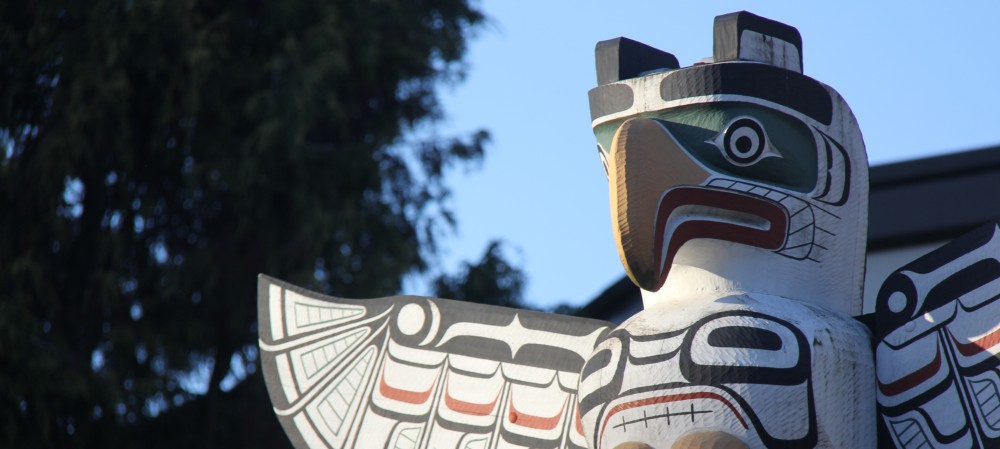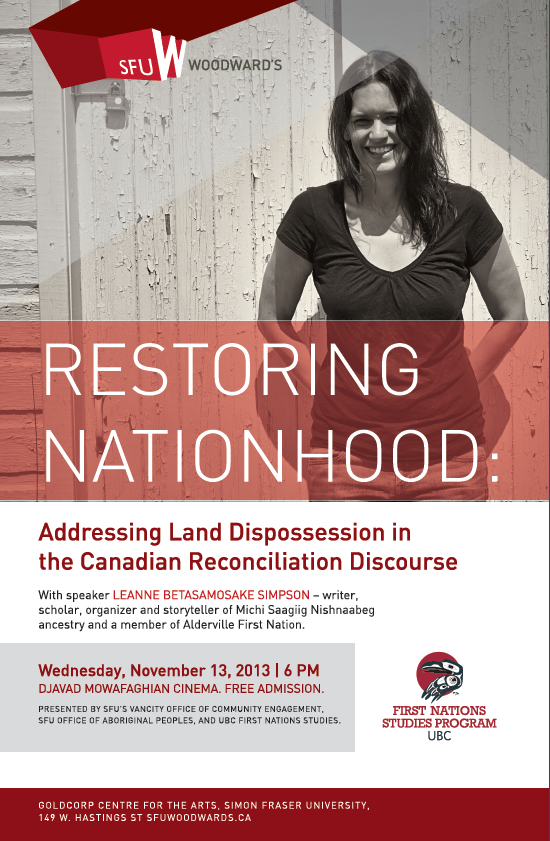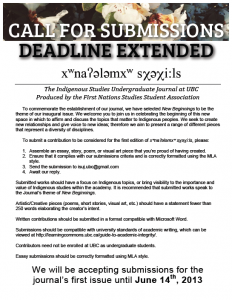This past Sunday, I attended the Elders Craft Fair at the Vancouver Aboriginal Friendship Centre. My shopping list included smoked salmon, beaded earrings, and hopefully (fingers crossed!) some bannock. The gymnasium was full of tables with Kookum’s and Mushum’s selling their wares; deer hide roses, cedar weaved baskets and jewelry, stunning beaded creations, carvings and gorgeous Cowichan sweaters, bags and hats (take that Aritzia). My shopping list was successfully fulfilled by the end of the morning, however the most memorable part of my Elders Craft Fair experience was a small sign at a table that read “Will Trade”.
I immediately thought of the system of trade that had been unintentionally set up between a small community of Indigenous students on UBC campus. Last year, I was gifted a large amount of moose meat. Upon preparing it in a slow-cooker for eight hours, I gifted the majority of it to friends that I knew would appreciate its origins as a Moose that had been tracked by hunters who understood the importance of respectively hunting and harvesting an animal. The following weeks, I was gifted Elk sausage, more Moose meat, Deer, and Salmon. This system of trade has persisted and I am reminded of the resurgence of the Potlatch System, where our economies were supported by giving and not consuming. I could have easily consumed that Moose all to myself, but my sending it out into a community of loved ones, I was gifted a diverse and rich amount of meat and friendship. The Elders sign signified an intelligible and community oriented way of accumulating wealth: through building relations and giving for the purpose of trade. I cannot imagine a more powerful form of community oriented and anti-capitalist, grassroots resurgence.

 Follow
Follow
